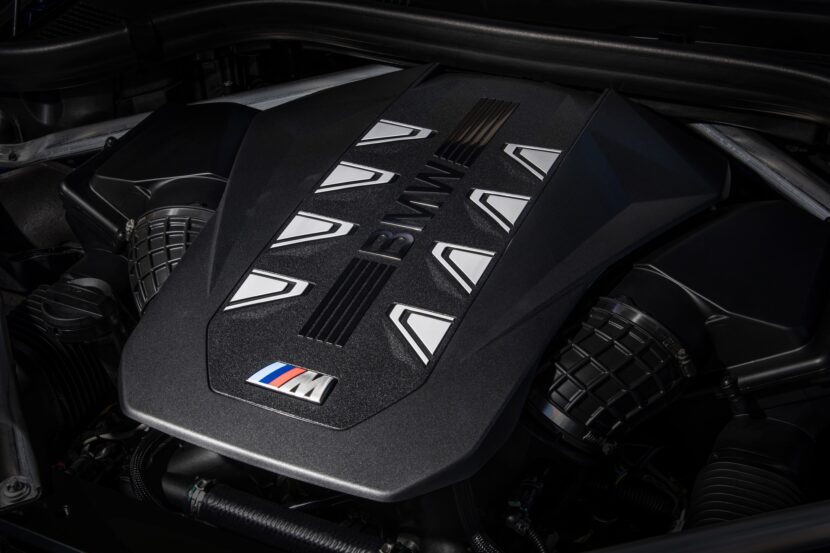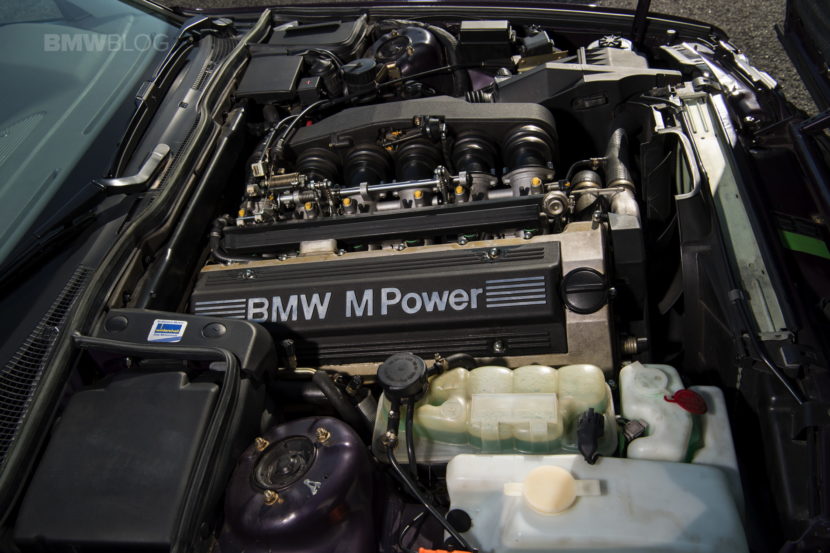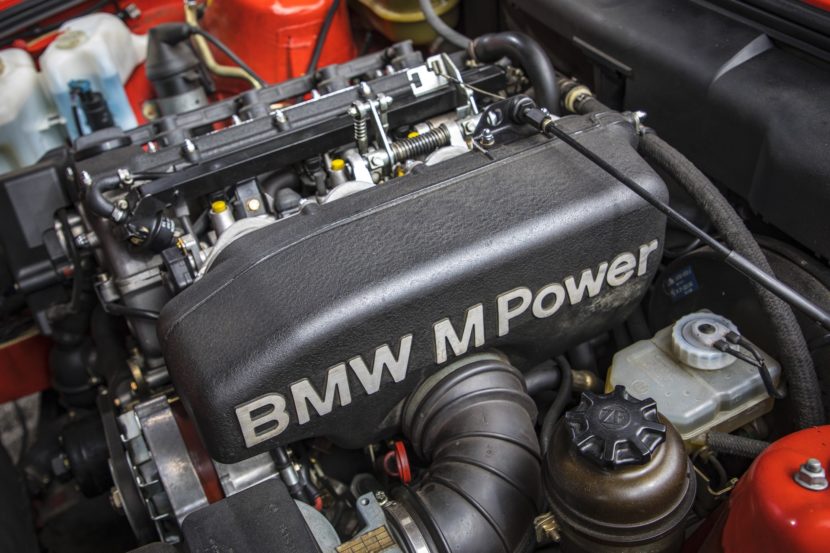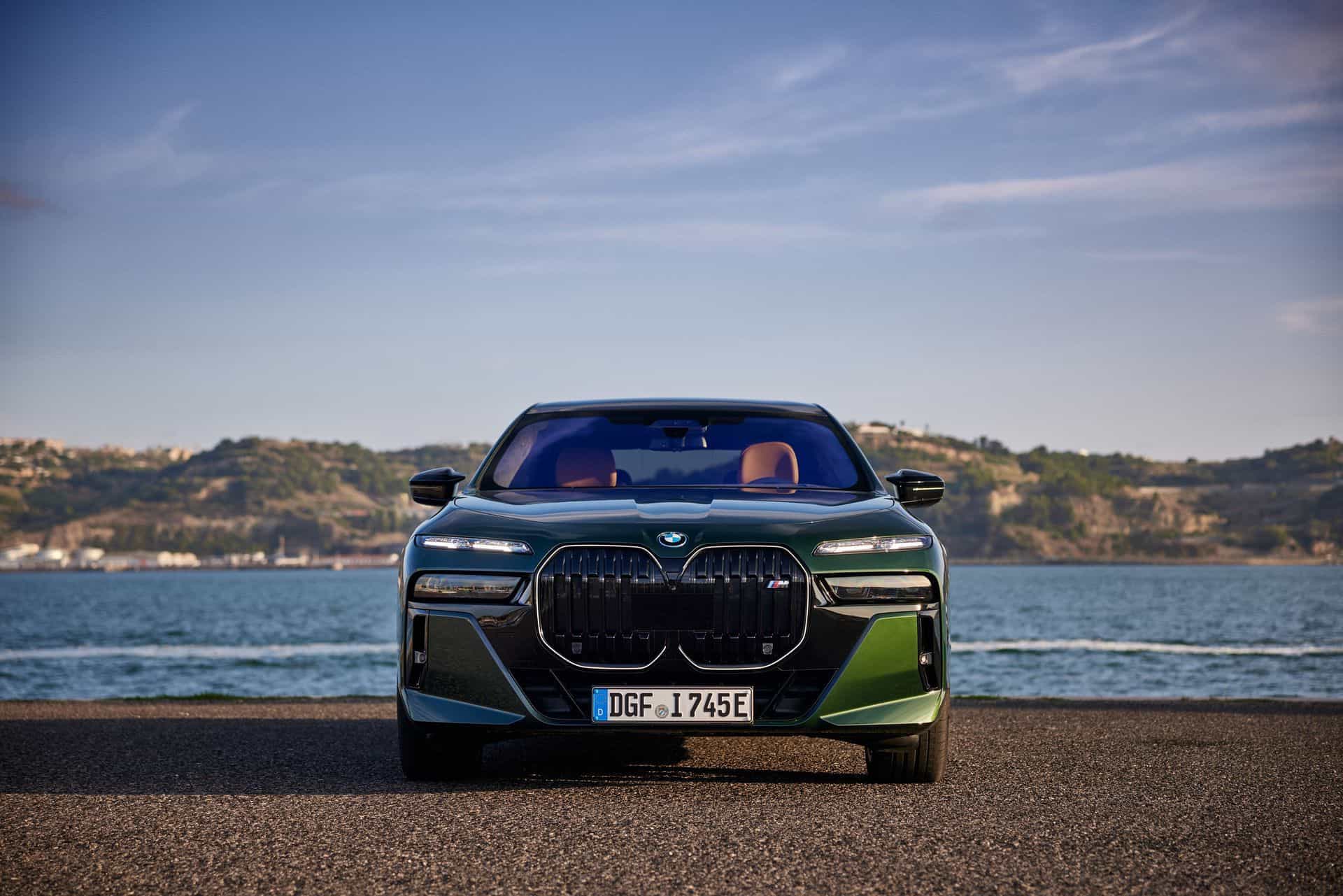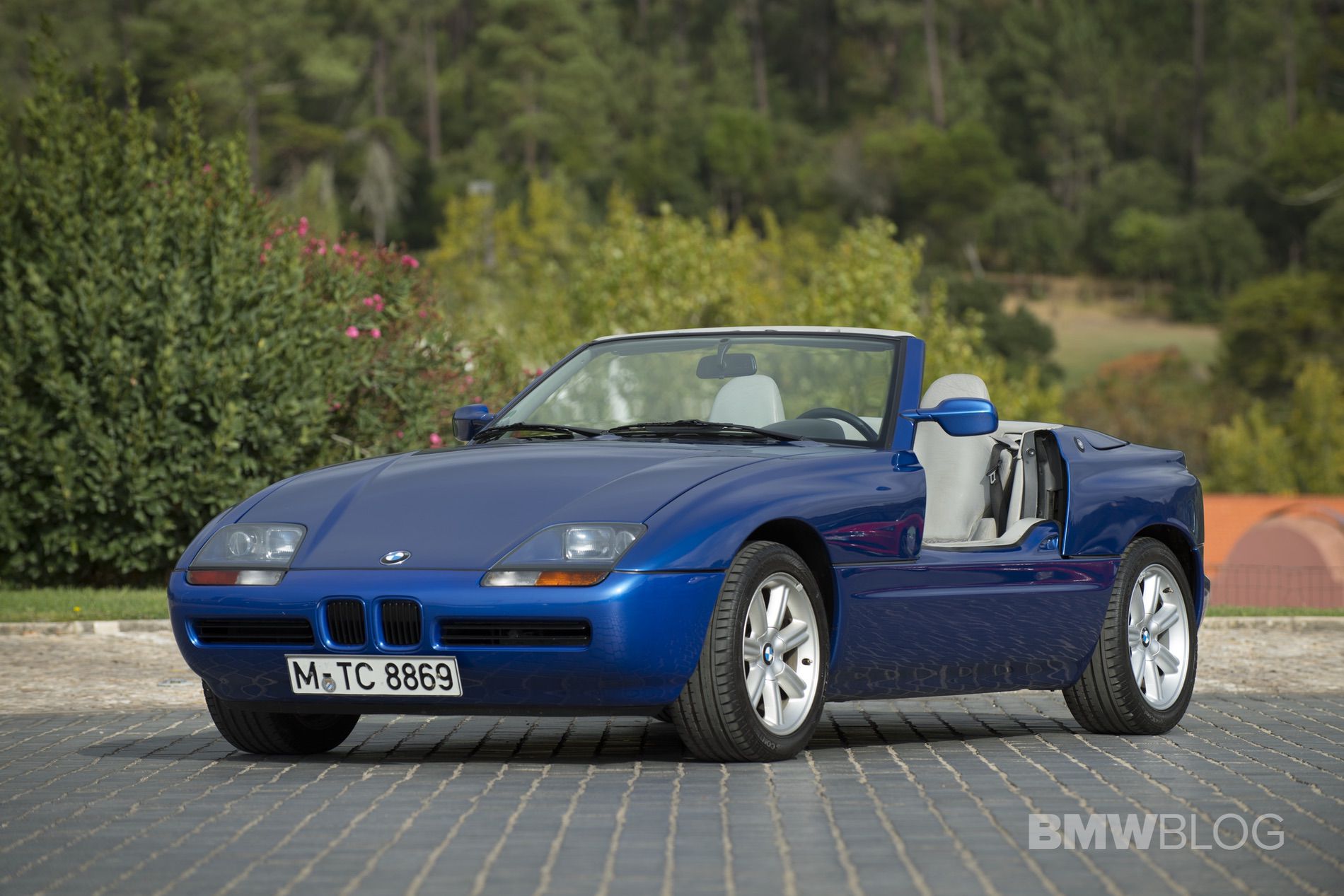BMW’s next chapter may be electric, but it’s not exclusively electric. As the Neue Klasse family of cars prepares to redefine the brand’s EV lineup, the Bavarians are keeping a wide powertrain portfolio alive — from gasoline and hybrid to hydrogen. And the numbers show it’s working. In a recent discussion with Motor1, BMW’s Head of Development Dr. Joachim Post revealed a surprising figure: 2024 was the best year ever for BMW’s V8 sales. It’s a striking milestone in an era when most luxury automakers are eliminating eight-cylinder engines entirely.
“We want to give the customer the best car, and they can decide what kind of powertrain they want. Not get a new car only if they choose an EV, an old car if they want a combustion engine. The world is different; last year, we had the most sales of [premium] EVs, and at the same time, record high sales for eight-cylinder engines.”
This balance between electrification and tradition isn’t accidental. BMW has carefully designed its lineup around three key architectures. The Neue Klasse is a dedicated EV platform that will debut with the iX3 next year and later the i3 Sedan, signaling a new digital and electric generation. Alongside it, the CLAR platform remains BMW’s flexible backbone, capable of supporting internal-combustion, plug-in hybrid, full-electric, and even hydrogen powertrains. Smaller models continue to ride on FAAR, which underpins both electric and ICE variants like the X1, X2, and MINI Countryman.
The V8 Remains Core to BMW’s Identity
Within this mix, the V8 still has a special place. It’s a defining part of BMW’s character — refined, muscular, and capable of delivering the kind of effortless torque that no inline-six or four-cylinder can replicate. In the last few years, the V8-powered BMW family came with either either the N63 or the newer S68, both 4.4-liter twin-turbocharged engines. But today, the M-tuned S68 powers the entire lineup. It made its debut in 2022 with hybrid capability and an electrified 48-volt system that allows it to meet stricter global emissions standards without sacrificing performance.
You’ll find the S68 in the XM, the new M5 (G90), and across the X5 M, and X6 M Competition models. It’s also powering flagship Range Rover and Range Rover Sport variants — a rare instance where BMW’s own performance technology is used by another luxury brand. There is also the S63 V8 which powers the M8 lineup.
The V8’s Future Looks Secure
Despite the industry’s electric shift, BMW isn’t done with its eight-cylinders. The next-generation X5, X6, and X7 — already in development — will continue to offer V8 options in several markets, alongside plug-in hybrid and six-cylinder variants. The X5 M and X6 M will both retain the S68, and even the 7 Series is expected to keep a V8 offering in select configurations. Future ALPINA models, now fully integrated under BMW’s umbrella, are also likely to continue featuring eight-cylinder engines, combining power with the brand’s signature refinement.
For BMW, the continuation of the V8 isn’t about nostalgia. It’s a practical decision based on customer demand and global market diversity. As some regions accelerate toward electrification, others (like the U.S. market) still favor traditional powertrains—particularly in large luxury vehicles and performance models.
Post’s remarks underline BMW’s flexible approach. The company will keep developing electric vehicles on the Neue Klasse platform while maintaining combustion engines within the CLAR lineup for as long as regulations and buyers allow. For now, the V8 remains part of that strategy—and it’s still finding plenty of takers.
[Source: Motor1]



